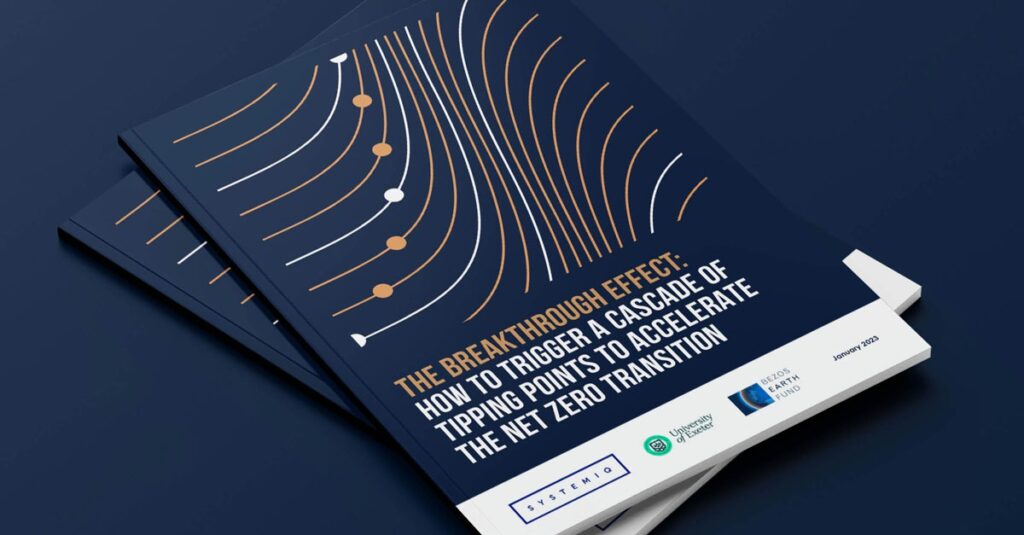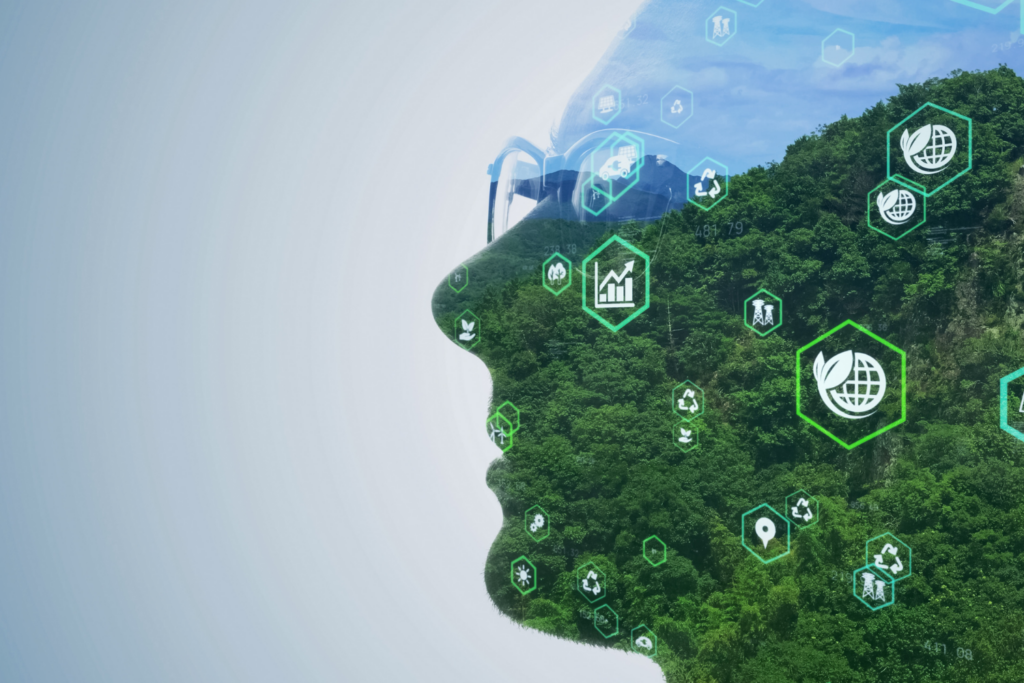Response Diversity as a Sustainability Strategy
The authors argue that the most effective way to build general resilience in an increasingly volatile and uncertain world is to foster “response diversity… a system’s variety of responses to disruptions of all kinds.” That entails maintaining a variety of ways to carry out key system process (ideally at different spatial and temporal scales) that […]
Response Diversity as a Sustainability Strategy Read More »






